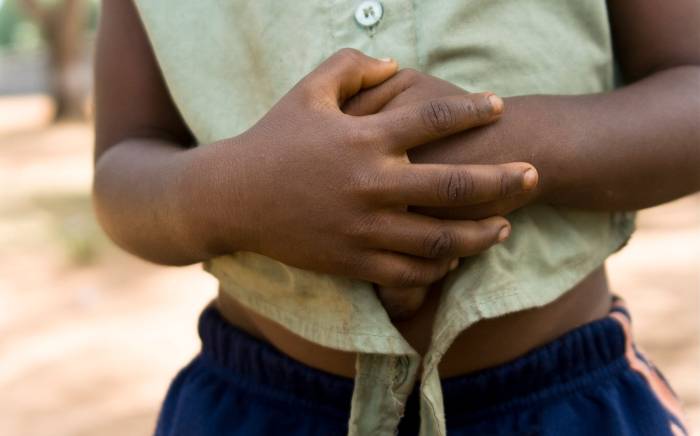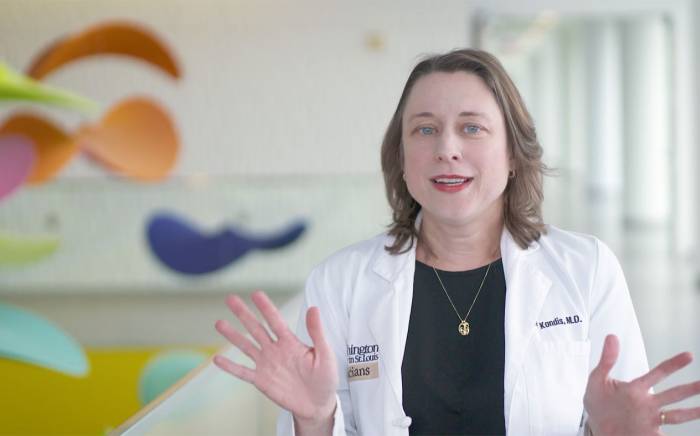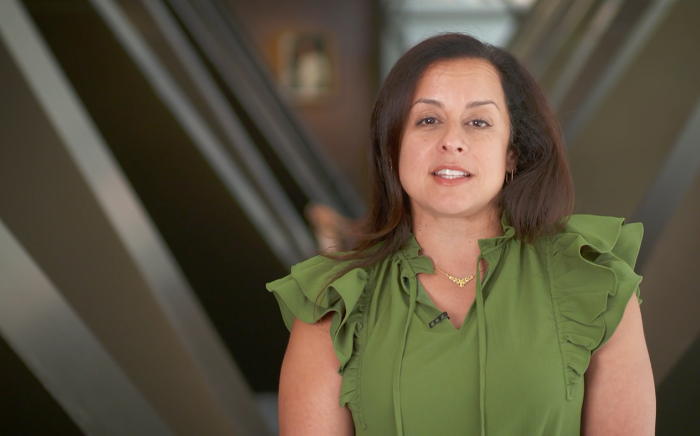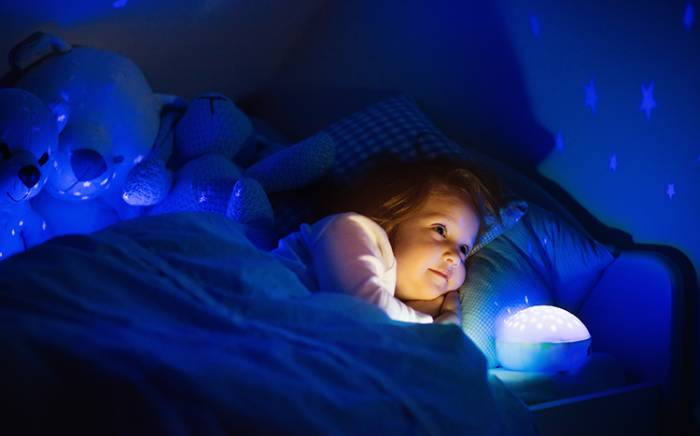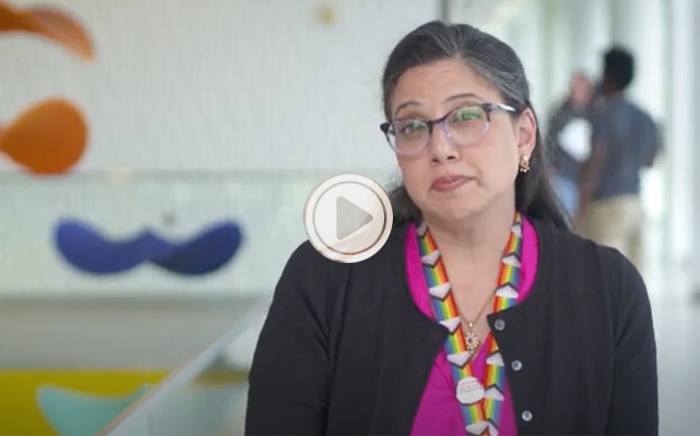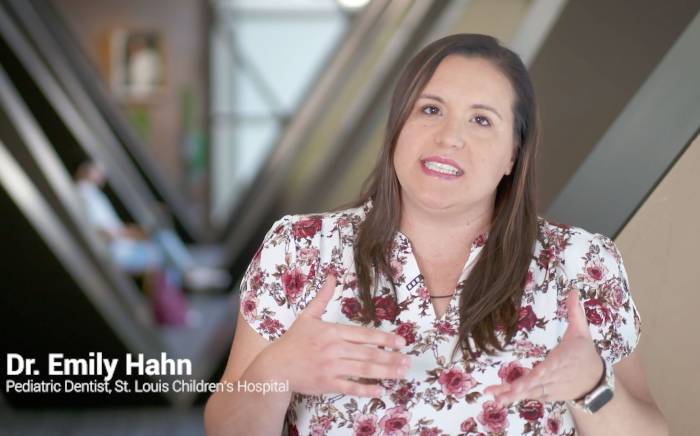Hemophagocytic lymphohistiocytosis (HLH) is a rare disease that usually occurs in infants and young children. Children usually inherit the disease.
If you have HLH, your body's defense system, called your immune system, does not work normally. Certain white blood cells — histiocytes and lymphocytes — attack your other blood cells. These abnormal blood cells collect in your spleen and liver, causing these organs to enlarge.
For more information regarding pediatric HLH services in St. Louis, please call 314.454.5437 or 800.678.5437 or email us.
Causes
HLH is a rare disease, and health care providers are still learning about its causes. There are 2 types of HLH: familial and acquired. Familial HLH accounts for about 25% of cases and families pass down the condition. If both parents are genetic carriers of HLH, a child has a 25% chance of having the disease, a 25% chance of not having the disease, and a 50% chance of being a carrier. A number of conditions cause acquired HLH. These include:
-
Viral infections, especially Epstein-Barr virus
-
Other infections
-
A weak or diseased immune system
-
Cancer
Symptoms
Fever and enlargement of the spleen are the most common symptoms of HLH. There are many other possible symptoms, including:
-
Enlargement of your liver
-
Swollen lymph nodes
-
Skin rashes
-
Jaundice (yellow color of your skin and eyes)
-
Lung problems, including coughing and difficulty breathing
-
Digestive problems, including stomachache, vomiting, and diarrhea
-
Nervous system problems, including headache, trouble walking, visual disturbances, and weakness
Young children and babies may have additional symptoms, like irritability and “failure to thrive." This means they don’t grow and develop normally.
Diagnosis
Your health care provider bases a diagnosis of HLH on your symptoms, physical examination findings, and several lab tests. A prolonged fever is a commonly occurring symptom. An enlarged liver and/or spleen (located in the upper left side of the abdomen) are key physical findings. Your health care provider conducts blood tests to look for:
-
Low levels of white blood cells called natural killer cells (these cells are important for a healthy immune system)
-
Low levels of white blood cells, red blood cells, and clotting cells called platelets
-
High levels of triglycerides (fats in your blood)
-
Low levels of fibrinogen (a protein important for clotting)
-
High levels of ferritin (a protein that stores iron)
-
High levels of a substance called CD25. This increases in your blood when your immune system is stimulated
Another important test, a bone marrow biopsy, calls for taking a sample of your bone marrow (the center of the bone, where blood cells are made) and examining it under a microscope. Other tests may include genetic testing and blood cultures, which are blood samples, to look for infection in your blood.
Treatment
Treatment of HLH depends on the cause, your age when the disease starts, and how severe the disease is. The acquired form of HLH may clear up when your health care provider identifies the cause and treats the disease. Familial-type HLH is usually fatal if not treated. Treatment for familial or persistent acquired HLH may include:
-
Chemotherapy (cancer drugs)
-
Immunotherapy (drugs that affect your immune system)
-
Steroids (drugs that fight inflammation)
-
Antibiotic drugs
-
Antiviral drugs
If drug treatments do not work, your health care providers may perform a stem cell transplant. In this procedure, healthy bone marrow cells from a donor replace your diseased bone marrow cells. Stem cell transplant can cure HLH in most cases.
There is no way to prevent HLH, but as health care providers continue to learn more about it, treatment improves. Most children who are successfully treated go on to live normal lives.
Health care providers do not regularly perform genetic testing for HLH on newborns, because the disease is very rare. If a health care provider diagnoses HLH in the brother or sister of a newborn, the chance of the newborn having the disease is 25%. Experts recommend genetic testing for these infants.
For more information regarding pediatric HLH services in St. Louis, please call 314.454.5437 or 800.678.5437 or email us.




